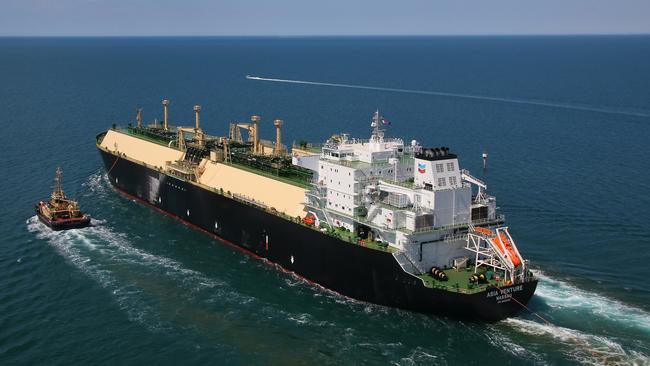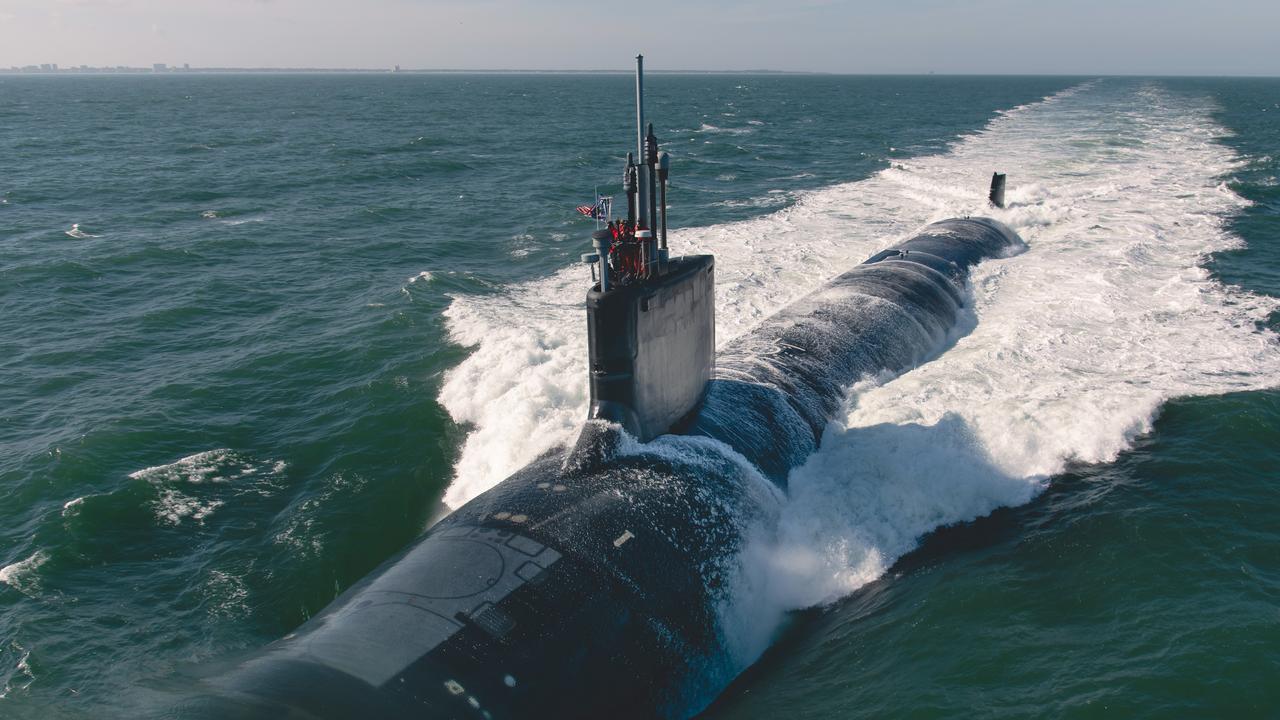Strike at Chevron poses threat to gas supplies
Unions have told Chevron that workers will launch escalating stoppages and bans from next week if their bargaining claims at LNG plants in WA are not met.

Unions say workers will launch rolling stoppages and bans at the company’s Gorgon and Wheatstone LNG projects in Western Australia from next week, in a potential threat to gas supplies.
Unions said the industrial action, which will coincide with the release of the government’s next wave of industrial relations changes, would escalate each week until their bargaining claims were met by the company.
European gas prices jumped more than 10 per cent on Monday amid confirmation of the industrial action at Chevron.
Energy analyst Saul Kavonic estimates about 7 per cent of global LNG shipments were potentially impacted by the industrial action, but the impact of strikes could be moderate to start with.
“Some strikes at Chevron are likely, due to the less accommodating approach Chevron takes to negotiations, but the unions will start with lower level strikes that will not materially impact production. A resolution should be reached before strikes escalate towards prolonged larger scale outages,” Mr Kavonic said.
A Chevron Australia spokesman said bargaining negotiations would contour across the three facilities ahead of industrial action.
“While we don’t believe industrial action is necessary for agreement to be reached, we recognise employees have the right to take protected industrial action and we will continue to take steps to maintain safe, reliable operations in the event of disruption,” he said.
“We will also continue to work through the bargaining process as we seek outcomes that are in the interests of both employees and the company.”
Lawyers for the Offshore Alliance formally notified Chevron late on Monday night that protected industrial action made up of 30 minute and one-hour rolling stoppages, bans and limitations would start at the company’s three West Coast facilities on Thursday week.
“Chevron’s bargaining efforts have been the most inept and incompetent performance we have seen to date from any of the outfits we have dealt with since the formation of the Offshore Alliance in October 2018,” the alliance, made up of the Australian Workers Union and the Maritime Union of Australia, said.
Chevron management last week decided it would put two proposed agreements to a vote of workers. The alliance said it expected the non-union agreements to be overwhelmingly rejected.
Unions and Chevron have not reached agreement on a range of issues including rates of pay, job security, rosters, transfers to other Chevron worksites, training standards and travel arrangements.
Offshore Alliance spokesman Brad Gandy, the AWU West Australian secretary, said members at Chevron were not being unreasonable. “If Chevron could just accept that it must provide terms and conditions of employment that meet the industry standard we could settle this matter in a matter of hours,” he said.
“Our members want some say over rosters to ensure they are family friendly, job security so they can’t be replaced by temporary labour hire employees and to reach agreement on other matters relating to over-cycle, training standards, travel arrangements and rates of pay.
“Offshore Alliance members at Chevron would prefer to have this matter resolved without the need for industrial action, but Chevron has given them little indication that it can be.”


